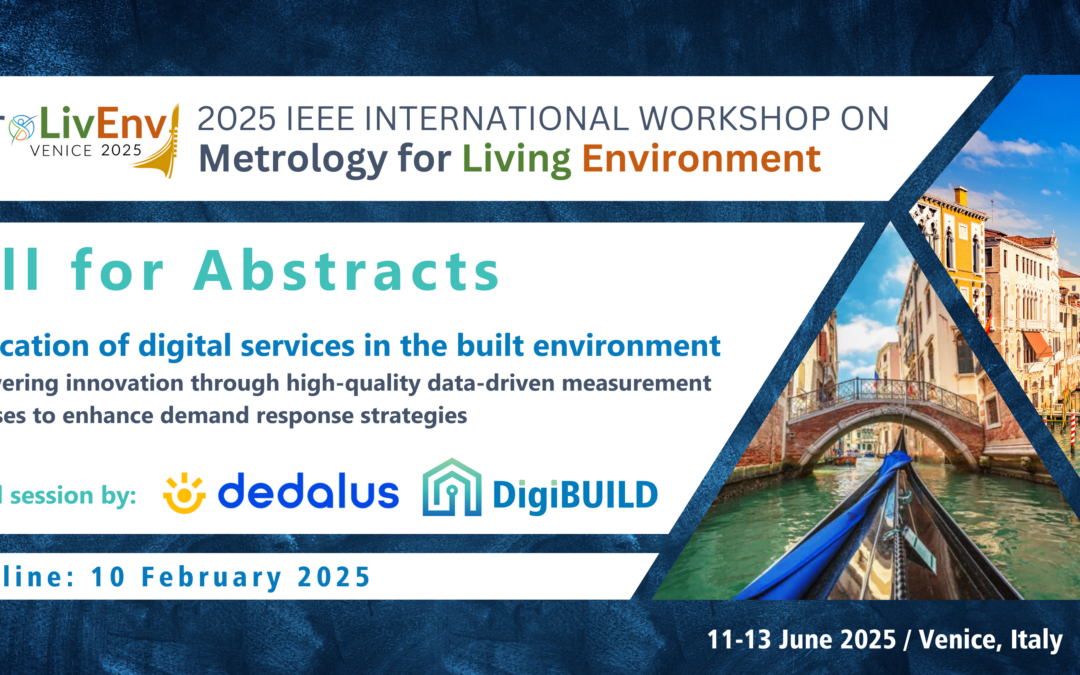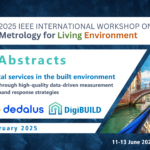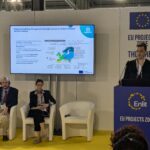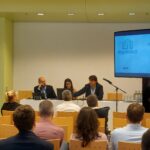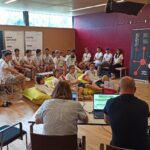As part of the 2025 IEEE International Workshop on Metrology for Living Environment (MetroLivEnv 2025), DigiBUILD and its sister project DEDALUS are collaborating to host a Special Session focused on advancing energy-efficient and sustainable building practices through digital transformation. This session, titled “Application of Digital Services in the Built Environment: Empowering Innovation through High-Quality Data-Driven Measurement Processes to enhance Demand Response strategies”, will highlight how cutting-edge technologies such as artificial intelligence, real-time data analytics, and demand response strategies are revolutionizing the built environment.
Innovating the Built Environment with Digital Technologies
The joint Special Session will dive into the practical application of digital tools and measurement techniques in enhancing the BE sector. Emphasis will be placed on the role of high-quality data and AI-driven solutions in addressing global challenges, from optimizing energy use to improving occupant comfort and well-being.
Key topics include:
- The integration of demand response strategies to optimize energy consumption, reduce peak demand, and maintain grid stability while ensuring occupant comfort.
- AI-powered methodologies for managing complex and diverse BE data.
- Real-world applications of digital tools, including energy profiling, forecasting, and smart resource management.
- Case studies that demonstrate how DR and AI technologies are driving transformative advancements in the built environment.
The session is organised by the project partners University Polytechnic of Marche, Italy and Engineering s.p.a.
The workshop will be held on 11-13 June 2025 in Venice, Italy
Call for abstracts
Researchers, industry leaders, and policymakers are invited to contribute to this dynamic session. Submission deadline is 10 February.
Attendees will gain insights into cutting-edge research and practical applications that demonstrate how digital technologies are shaping a sustainable and resilient built environment. Contributions are particularly welcomed from those exploring Artificial Intelligence, demand response strategies, and advanced metrology in the built environment context.
More information for authors here.

